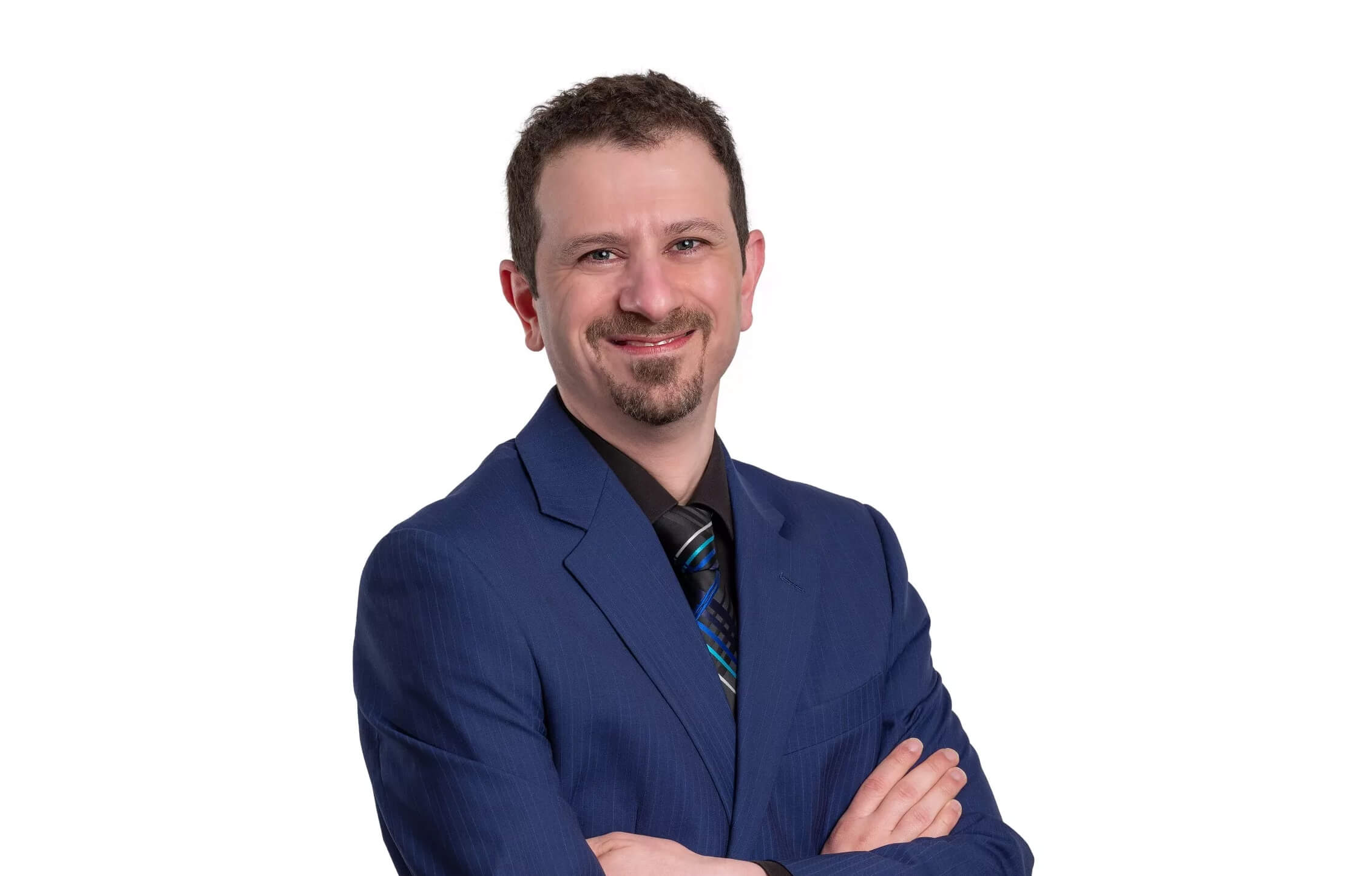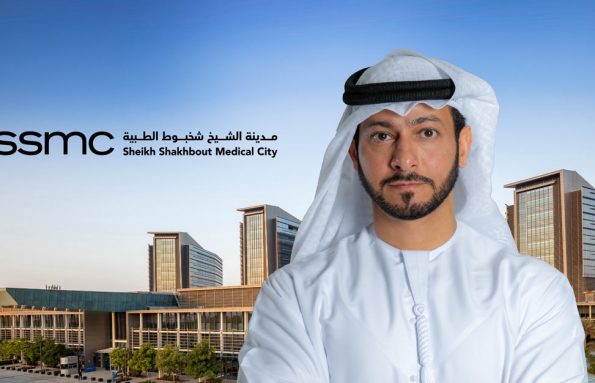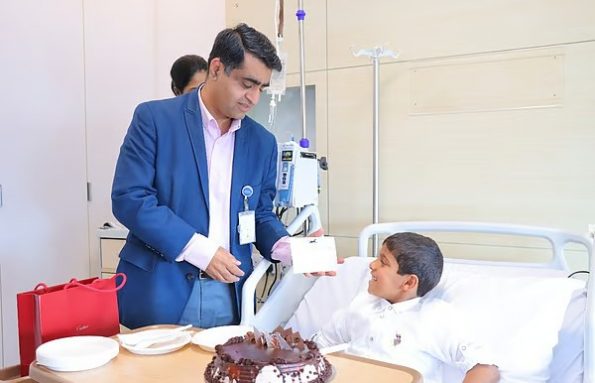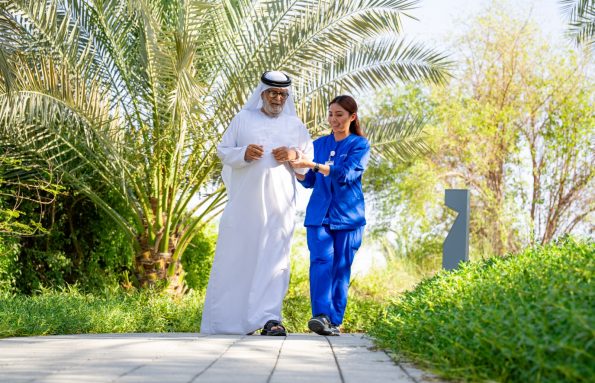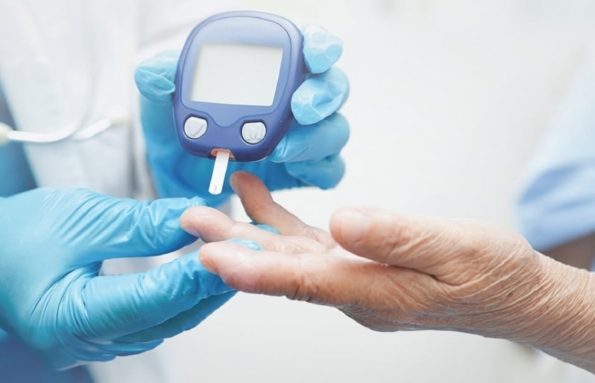Pain of being ignored
Because MS patients often have no symptoms at all – and don’t require a wheelchair or a walking cane – their calls for help too often remain unheard and ignored. Initially, Mr Al Shamsi did not inform his employer of his illness, but as his symptoms worsened in 2018 he had no choice. “I had to tell my employers because I needed some flexibility. I told them that I was suffering and showed them all my medical reports,” he said. “No-one believed me and they refused to understand that I had a disease where there are days where I am fine and others when I am not.” Mr Al Shamsi went as far as asking for assistance from local authorities to help explain to his employers that he had special requirements, but to no avail. “My employers took it as a personal attack against them,” he said. “They told me that they had employees in wheelchairs and with disabilities who were fine. “We are a special category of people with special requirements. Every day is different with MS. We don’t know what symptoms to expect and when, or if we will get better,” Mr Al Shamsi said. “We can’t be compared to people of determination [the expression used by the UAE to describe people with disabilities] and don’t want less hours, but only some flexibility and to be understood.”Increasing cases of MS
World MS Day was established by the Multiple Sclerosis International Federation in 2009, and is observed every May 30. It seeks to unite the global MS community of more than 2.3 million people “to share stories, raise awareness and campaign with and for everyone affected” by the condition. Reliable nationwide figures are not available but it is known there are about 2,000 residents in Abu Dhabi and 2,000 in Dubai living with the condition. The auto-immune disorder affects approximately 64 per 100,000 people in the UAE, according to a 2019 research article published by scientists at the Sheikh Khalifa Medical City in Abu Dhabi. This figure is more than twice the World Health Organisation’s global prevalence estimate of 30 people per 100,000. Dr Ahmed Shatila, consultant neurologist at Sheikh Shakhbout Medical City in Abu Dhabi sees about one new MS patient each week and highlights the importance of early diagnosis. “MS is a chronic disease and yes it can cause significant disability but we also have very good treatments available right now that can change the course of the disease.
“If you looked at an MS clinic 30 years ago you would notice that more than half the patients would be on a wheelchair or a cane,” Dr Shatila said.
“If you go to an MS clinic now, you won’t see that anymore because we have effective treatments.”
While there is no cure as yet, a breakthrough drug for MS was released for use in 2018 that helps patients stay symptom-free for up to four years.
Last November, Abu Dhabi Stem Cells Centre announced plans to begin trials of therapies to treat diabetes and MS.
The trials hope to provide new insights into the treatment of the diseases to improve the quality of health care in the UAE and help raise awareness.
Despite the prevalence of the disease, Dr Shatila called for more awareness of the symptoms.
“We need to change misconceptions. Just because you are not in a wheelchair doesn’t mean that you are not sick or fatigued.
“We need to raise awareness for families and employers and make sure that the services available are not just parking,” said Dr Shatila
“It seems like everybody knows somebody with the disease, but what patients with MS need is to be heard and understood.”
Source: The National Newspaper

